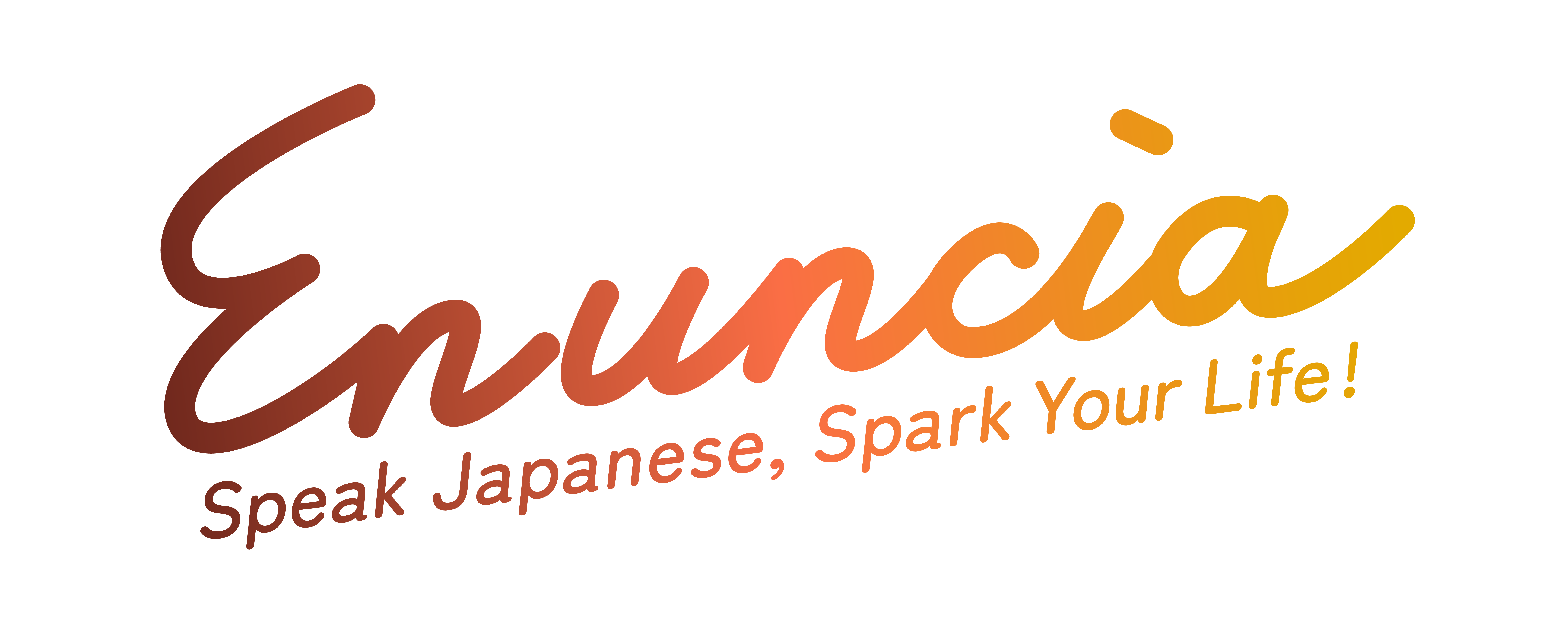JLPT N5 Grammar “〜だけ” and “〜しか”

Table of Contents
1. Difference between “〜だけ” and “〜しか”
2. 〜だけ
3. 〜しか
4. “〜だけ” VS “〜しか”
5. Positive “〜だけ” and Negative “〜しか”
6. “〜だけ” expressing degree or amount
7. Summary
8. Quiz
9. Similar Articles
10. Comment
Q: Are “〜だけ” and “〜しか” the same meaning?
A: Both are adverbs that express ‘limitation’, but they differ in how they are presented.
〜だけ (JLPT N5)
①Expressing a positive limitation
②Representing degree or quantity
[Rule]
[N] Noun+だけ~Affirmative/Negative sentence
[Examples]
わたしは肉だけ食べます。
I only eat meat.
⇒ This regards eating only meat positively.
わたしは肉だけ食べません。
I don’t eat meat exclusively.
⇒ This regards not eating only meat positively.
ここにいるのはわたしだけです。
I am the only one here.
⇒ This regards being the only one here positively.
〜しか (JLPT N5)
① Expresses a restrictive limitation.
② Indicates a situation where the degree or amount is insufficient.
[Rule]
[N] Noun+しか~Negative sentence (no noun clause can follow)
[Examples]
わたしは肉しか食べません。
I only eat meat.
⇒ This indicates a negative emphasis that one eats only meat.
あと5分しかありません。
I only have 5 minutes left.
⇒ This indicates insufficient time with only five minutes remaining.
×ここにいるのはわたししかじゃないです。I am not the only one here.
⇒ This usage is not possible.
“〜だけ” VS “〜しか”
[肉だけ食べます VS 肉だけ食べません (Limitation)]
There is meat, salad, and rice here.
If you say ”肉だけ食べます” (I only eat meat), it means you eat meat but not salad or rice.
On the other hand, if you say “肉だけ食べません” (I don’t eat meat), it means you eat salad and rice but not meat exclusively.

[肉だけ食べます VS 肉しか食べません]
In either case, it means “I eat meat but not salad or rice.”
However, there is a difference in how the speaker conveys it.
”〜だけ“ implies a positive limitation, and the speaker does not have negative feelings about eating only meat. On the other hand, ”〜しか“ emphasizes a negative limitation, suggesting ”I eat nothing but meat,” asserting there are no other options.
Positive ”〜だけ” and Negative ”〜しか”
[Example 1]
「やった!さいふに100円だけあった!」
Great! There was 100 yen in my wallet!
「えー...どうしよう。さいふに100円しかない。」
Oh no… What should I do? I only have 100 yen in my wallet.
Even though it’s the same 100 yen, the speaker uses ”〜だけ” when they feel positive about it, and ”〜しか” when they feel negative (insufficient) about having only 100 yen.


Let’s look at another example.
[Example 2]
わたしはひらがなだけ書けます。
I can only write in hiragana.
わたしはひらがなしか書けません。
I can’t write anything except hiragana.
In the case of ”〜だけ,” the speaker feels positive about it, but with ”〜しか,” it implies a negative sentiment, suggesting that being able to write in only hiragana is insufficient.


“〜だけ” expressing degree or amount
[Regarding the degree or amount with “〜だけ” 1]
“〜だけ” can express the degree or amount, such as in the sentence “コーヒーを1日2杯だけ飲みます” (I only drink two cups of coffee a day), indicating that within the day, other than water or alcohol, two cups of coffee are consumed.
However, when saying “コーヒーを1日2杯しか飲まない” (I only drink two cups of coffee a day), it imposes a limitation on the entire context, meaning “I do not drink anything other than two cups of coffee within the day.”


[Regarding the degree or amount with “〜だけ” 2]
Unlike “〜のみ,” “〜だけ” can be used to indicate the degree or amount by omitting the end of the sentence and using “Nounだけ.”
However, be cautious as it’s often used in a negative context.
For example, saying “ステーキだけ!?” implies more of a meaning like “Is there only steak?”
[Example]
母:今日の晩ご飯は、ステーキだよ。
子ども:え、ステーキだけ!?
Mother: We are having steak for dinner.
Child: Huh, just steak!?
* Saying “ステーキしか!?” is not appropriate, so be mindful of that.

Summary
〜だけ
- Used positively to indicate a limit in degree or quantity.
- When used as “Nounだけ,” it carries a negative connotation.
〜しか
- Negatively limit things or quantities.
- Expresses a feeling of insufficiency on the speaker’s part.
Quiz
Read the following sentence and choose the expression that fits the context from the options provided in the parentheses.
Click on the question to check the answer.
A.だけ
朝はコーヒーだけ飲みます。
In the morning, I only drink coffee.
*Since the following sentence is affirmative, “だけ” is the correct answer.
A. しか
パーティーに行ったけど4人しかいませんでした。
I went to the party, but there were only four people.
*Since the following sentence is negative and implies that no one else came except for the four people, “しか” is appropriate.
A. だけ
これだけあれば十分だよ。
This is enough just by itself.
*Since positive expressions continue after, “だけ” is the correct answer.
A. しか
妹はいつもおかし(だけ・しか)食べません。
My sister only eats sweets.
*Since a negative sentence follows, “しか” is the correct answer.





